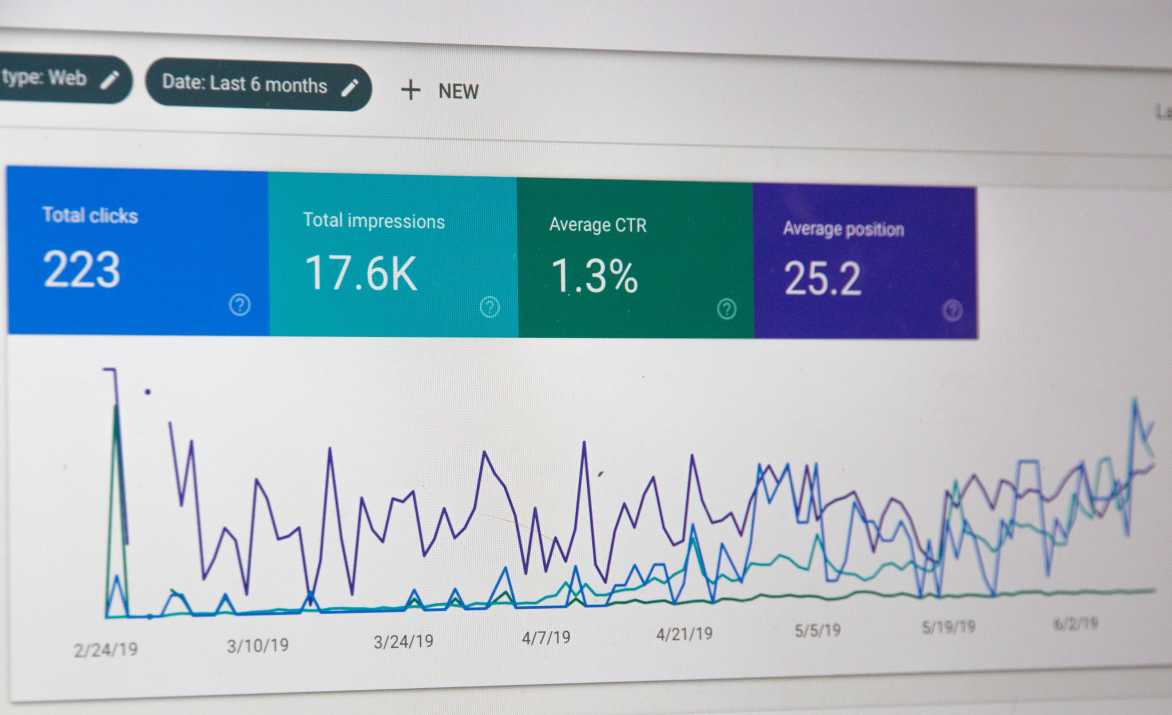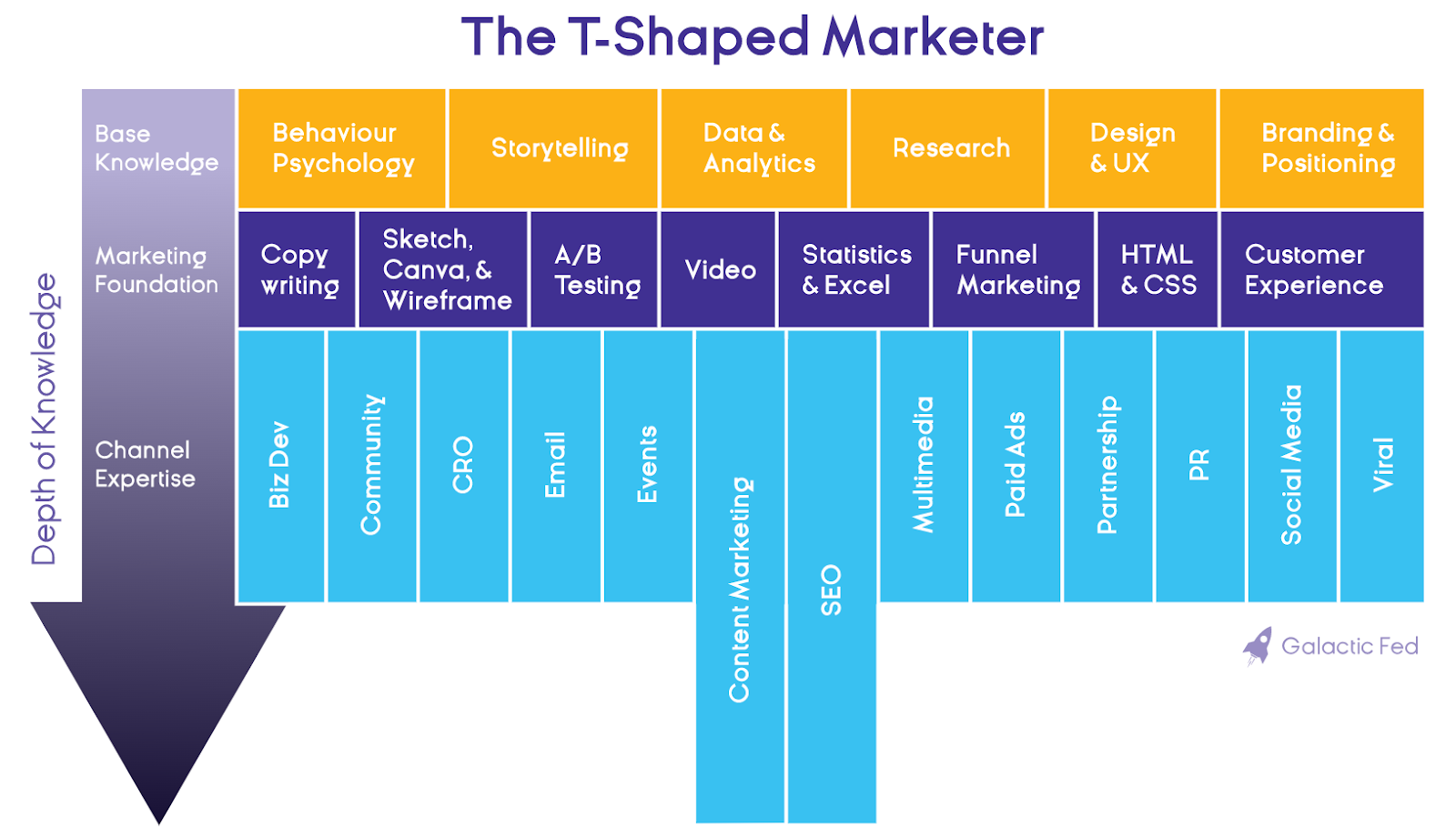What is Marketing Productivity and Why Does it Matter
ByAngeli Yuson
Angeli is the Founder and COO at Workast. Her team ensures our users have an exceptional customer experience with Workast and takes care of all user issues.

Angeli is the Founder and COO at Workast. Her team ensures our users have an exceptional customer experience with Workast and takes care of all user issues.
In order to be successful in the business world, it's important for companies to be productive in every area. This includes how effectively they're able to market their products or services. There are many factors that can contribute to campaign success, and it's vital to understand what they are so that you can improve your own marketing efforts. In this article, we'll discuss what marketing productivity is and why it matters for your company.
Before we answer this, we need to discuss some common examples of the marketing campaigns being measured:
Awareness Campaign: A campaign designed to increase public knowledge or understanding of an issue, product, or brand.
Lead Generation Campaign: A campaign designed to generate interest in a product or service with the goal of creating sales opportunities.
Sales Promotion Campaign: A campaign designed to increase demand for a product or service by offering discounts or other incentives.
Marketing productivity is a measure of how effectively each of these campaigns performs in relation to their costs. This helps businesses determine whether they're getting a good return on investment (ROI) from their marketing campaigns and strategies.
Consultants and external agencies can be valuable assets to all kinds of different businesses, especially new businesses. They can help you take a step back and analyze your processes to see where improvements can be made. Here are just a few ways that they can help make your business more productive:
They can help you streamline your processes by identifying areas where you may be wasting time or resources.
They can offer suggestions for automating tasks or using technology to improve efficiency.
External companies can provide an objective perspective on your marketing efforts and offer recommendations for changes or tweaks that could create better results. By involving a growth marketing agency it's possible to receive help with such campaigns as Facebook Ads, Google Ads, and outbound marketing to increase success. Assistance can also be received with things like Search Engine Optimization and digital infrastructure.
There are many ways to measure marketing productivity, but some common metrics include:
Leads generated per campaign
Sales generated per campaign
Number of new customers acquired per campaign
Cost per lead
Cost per acquisition
ROI (return on investment)
Website traffic generation
Each business will have different metrics that are important to them, so it's key to identify what matters most to your organization. Some examples of the analytical tools that are used to take these measurements include Google Analytics, HubSpot, Marketing Grader, and KISSmetrics.
Marketing productivity matters because it's the key to driving growth and profitability. By understanding what campaigns are most effective, companies can invest more in those activities and see a greater return. Additionally, it can help companies save money by reducing wasteful spending on ineffective campaigns.
Simply put, marketing productivity matters because it can help you improve your bottom line. By tracking your progress during campaigns, you can make changes to your strategy (in real-time with online campaigns) that will lead to better results. In turn, it can help you free up time and resources that can be better spent elsewhere. Ultimately, measuring marketing productivity can help businesses optimize their marketing efforts and get the most out of their budget. It also allows businesses to allocate their resources more effectively.
There are a number of ways to achieve this and one is to invest in marketing automation software. This software can help you automate repetitive tasks, freeing up your time to focus on more strategic activities. Marketing automation software is essential for all types of businesses, especially those with multiple locations, such as franchises. It enables marketing teams to create and manage multiple marketing campaigns simultaneously and achieve the best multi-location marketing results possible. Another way to improve marketing productivity is to outsource some of your marketing roles (e.g. agencies such as those discussed earlier). This can be an effective way to free up your time so that you can focus on more important things.
Finally, you can also improve marketing productivity by simply being more organized. This means creating a system and process for your marketing jobs so that you can work more efficiently. Over time you'll find that you are improving your lead generation efforts, reducing customer churn rates, and increasing sales conversion rates.
You may be wondering what are some examples of companies that have improved their marketing productivity, and reaped financial benefits. Some notable examples include Coca-Cola, PepsiCo, and Hershey’s. These companies have all increased their marketing productivity by cutting costs and/or increasing sales. As a result, they’ve seen their stock prices increase and overall profitability grow.
Other companies that have also experienced similar success include Procter & Gamble, Unilever, L’Oreal, and Nestle. By making changes to the way they market their products, these companies have been able to improve their bottom line and become more successful businesses.
There are a few varying schools of thought on this subject. The first is that marketing productivity will continue to increase as technology improves. This is because marketers will have more tools at their disposal to automate tasks and measure results. The second school of thought is that marketing productivity will actually decrease as the number of channels and touchpoints increases. This is because it'll become more difficult to manage all of the different moving parts and get a clear picture of what’s working and what isn’t.
The answer is probably somewhere in between because as technology continues to evolve, there will be new opportunities for marketing automation and measurement. However, the sheer number of channels and touchpoints is only going to increase, so marketers will need to be strategic about how they allocate their time and resources.
The bottom line is that marketing productivity is going to remain important in the future, regardless of which direction it goes in. So if you want to stay ahead of the curve, you need to start thinking about how you can improve your own marketing productivity today. By employing the right staff, analytical tools, and outside help, you'll be able to secure the future growth and success of your company.

